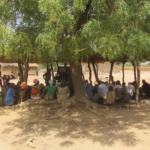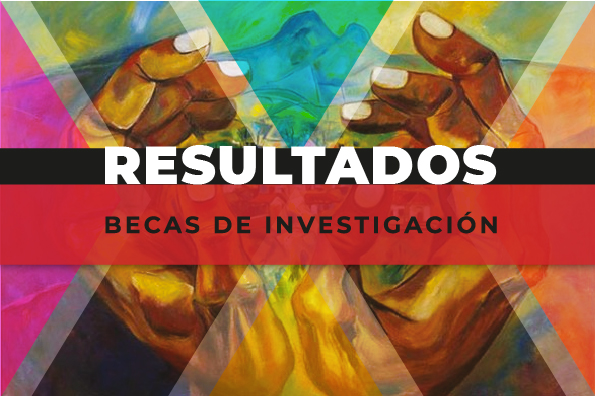


Latin American Council of Social Sciences
Bolivia
2/2018—2/2021
This project will train a new generation of AEI-centered researchers to do multi-disciplinary, collaborative, and participatory research in the context of Andean smallholder farming. The program will also indirectly influence institutional definitions of quality research. The project will promote and consolidate a Regional Studentship Cohort Program that will contribute to strengthen agroecological intensification (AEI) research, by awarding 16 studentships (ten at the PhD level, and six at the Masters level) total over three years. Students will form a learning cohort with their home university professors and tutors provided through CLACSO, and will also participate in online and in-person AEI training courses. CLACSO has over 50 years of experience managing education and research initiatives in Latin America. Between 2013 and 2016, CLACSO hosted 30 calls for studentships, received thousands of applicants from 27 countries in Latin America and the Caribbean, and awarded 332 studentships—most of them to young people who are linked with communities and social movements, as well as to public officials and researchers in training.
Watch a video featuring the second AEI Students Cohort Inception Meeting here
Overall Outcome: Increase AEI research capacity and focus in the Andes.
Output 1: Award Studentships: Select and award 16 studentships over three years (ten PhD and six MSc).
Outcome 1: Student research products are shared and used by rural communities, local and national public policies, and/or contribute to global knowledge. Former students bring their AEI skills and orientation to future work.
Output 2: Students receive program support through tutors: Students will be matched with expert tutors who will be responsible to responding to student’s questions, reviewing protocols and reports and generally giving advice, coaching, and support in their research. This will help to both improve individual student’s research and provide coherence across the program since tutors will be assigned to various students and part of a steering committee in charge of facilitating synthesis and coherence across the program
Outcome 2: Improved research quality and coherence within and among the cohorts.
Output 3: Virtual AEI course: Execute one virtual AEI course per cohort. The course will represent a distillation of what the RMS team has developed in terms of AEI research principles and approaches and will bring together essential materials from other leaders in the agroecology field on topics such as rural institutions, soils and landscapes, local food systems, gender and equity, and networks in collaboration with smallholder farmers.
Outcome 3: Increased capacity to integrate biophysical knowledge with social, cultural, and environmental knowledge, recognizing the experience and practices of rural communities.
Output 4: In-person cohort seminars: Host two in-person seminars per cohort in the region, plus a final one involving both cohorts (five total). Students, their university advisors, tutors, and the regional team will attend these seminars.
Outcome 4: Create a community of practice comprised of students, tutors, experts, and thesis directors. Establish an agroecology network of students, tutors, advisors and their larger networks that has an impact in the three countries and in the entire Latin American region. Students deepen their work by sharing knowledge and experiences with their peers, tutors, and experts, who will also participate in the seminars. Influence host universities to include agroecology topics in the curricula.
